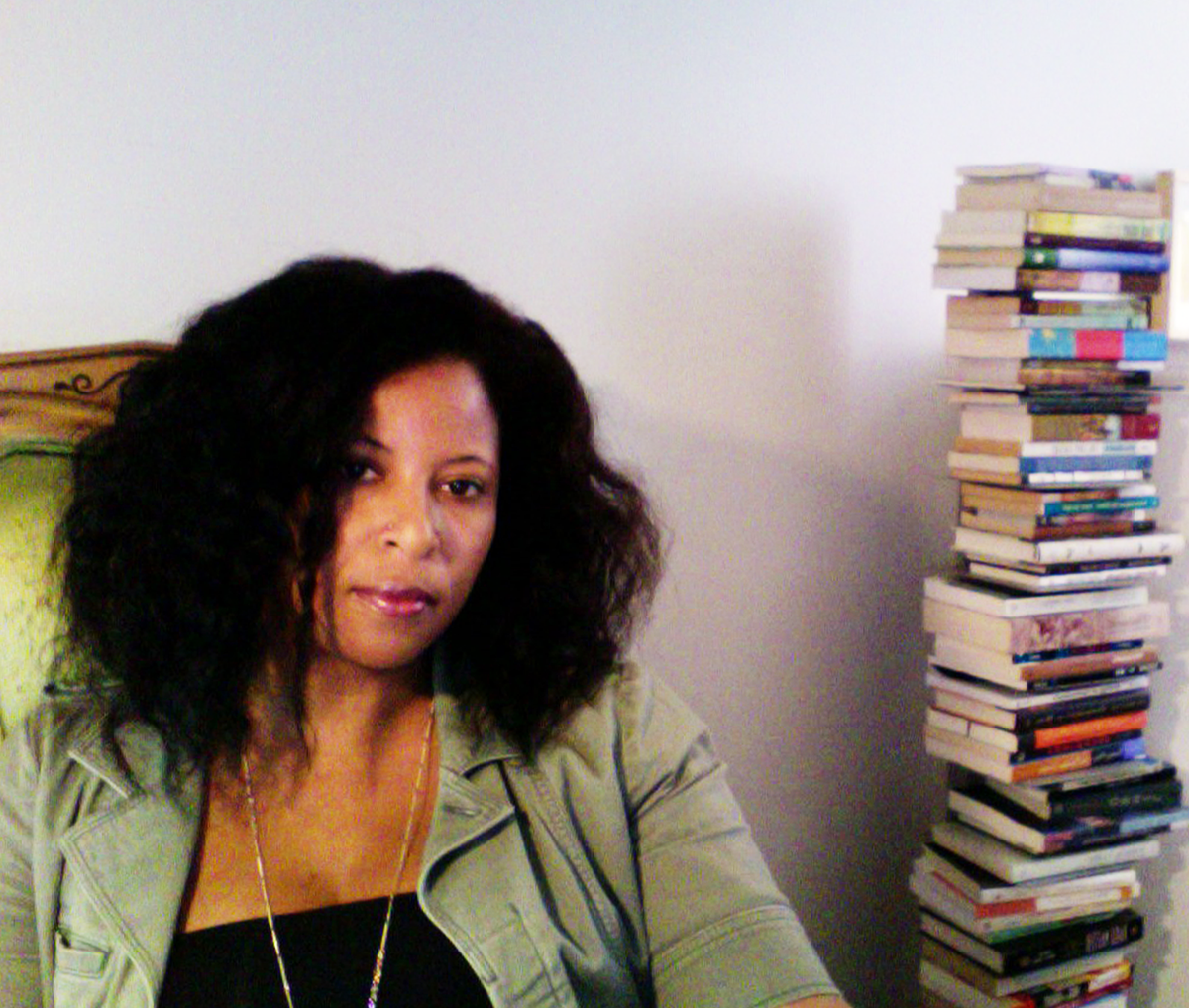Marisa Parham

Professor, English
Affiliate Faculty, The Harriet Tubman Department of Women, Gender, and Sexuality Studies
Research Expertise
African American/African Diaspora
American
Comparative Literature
Film Studies and Cultural Studies
Literary Theory
Literature and Science
Poetics
Postmodern and Contemporary
Textual and Digital Studies
Transatlantic Studies
Women's Literature and Feminist Theory
Marisa Parham is Professor of English and Digital Studies at the University of Maryland at College Park, where she directs the African American Digital Humanities initiative (AADHUM), and is the associate director for the Maryland Institute for Technology in the Humanities (MITH). She also co-directs the Immersive Realities Lab for the Humanities (irLh), and currently chairs the ACLS Commission on Fostering and Sustaining Diverse Digital Scholarship.
Parham’s current teaching and research projects focus on texts and technologies that problematize assumptions about time, space, and bodily materiality. She is particularly interested in how such terms share histories of increasing complexity in literary and cultural texts produced by African Americans, and how they enable experimental approaches to digital humanities, electronic narrative, and technology studies. Recent examples of this work include “Sample | Signal | Strobe: Haunting, Social Media, and Black Digitality,” and the digital-interactive scholarly essays "Breaking, dancing, making in the machine" and .break .dance, which is also anthologized in the Electronic Literature Collection (ELC4) and was a 2021 honorable mention for the N. Katherine Hayles award from the Electronic Literature Organization. She is currently at work on Black Haints in the Anthropocene, a book-length digital-interactive narrative concerning memory, digitality, and environmental experience, and ConvocationAR, an XR-driven humanities-computing project.
Parham holds a PhD in English and Comparative Literature from Columbia University, and is the author of Haunting and Displacement in African-American Literature and Culture, The Princeton Review's African-American Student’s Guide to College, co-editor with John Drabinski of Theorizing Glissant: Sites and Citations, and the author, designer, and/or programmer for numerous other essays, crowdsourced arts experiments, and digital projects.
Publications
Theorizing Glissant: Sites and Citations
This edited collection gathers together leading commentators on the work of Édouard Glissant in order to theorize the philosophical significance of his work
Author/Lead: John Drabinski , Marisa ParhamEdouard Glissant's work has begun to make a significant impact on francophone studies and some corners of postcolonial theory. His literary works and criticism are increasingly central to the study of Caribbean literature and cultural studies. This collection focuses on the particularly philosophical register of Glissant's thought. Each of the authors in this collection takes up a different aspect of Glissant's work and extends it in different directions. twentieth-century French philosophy (Bergson, Badiou, Meillassoux), the cannon of Caribbean literature, North American literature and cultural theory, and contemporary cultural politics in Glissant's home country of Martinique all receive close, critical treatment. What emerges from this collection is a vision of Glissant as a deeply philosophical thinker, whose philosophical character draws from the deep resources of Caribbean memory and history. Glissant's central notions of rhizome, chaos, opacity, and creolization are given a deeper and wider appreciation through accounts of those resources in detailed conceptual studies.
(source: Nielsen Book Data)

